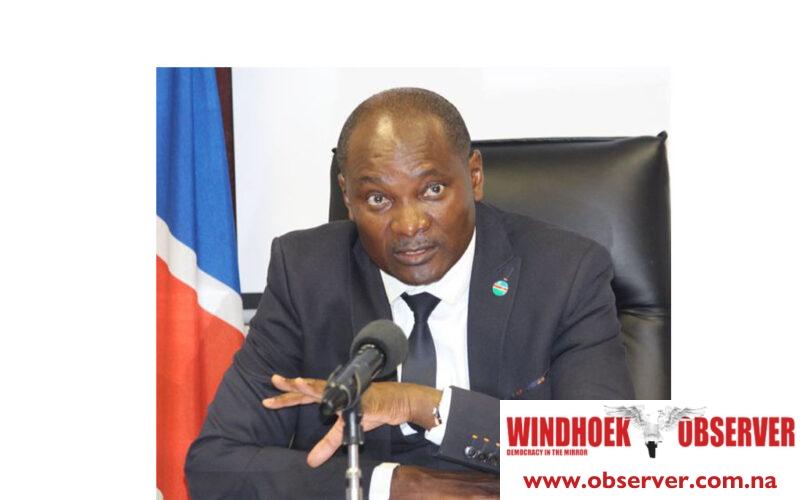Niël Terblanché
The Zambezi Region of Namibia is home to lions, elephants, hippos, and crocodiles, and has been struggling with an increasing number of human-wildlife conflict situations that result in the loss of livestock, crops, infrastructure, and, tragically, human lives.
In this regard, the German Federal Ministry for Economic Cooperation and Development (BMZ) has stepped in to support efforts aimed at mitigating these conflicts by contributing N$37 million in funding, grants, and equipment.
The impoverished communities in the Zambezi Region are among the hardest hit by the relentless challenges posed by interactions with wildlife. Such incidents not only threaten their livelihoods but also the safety and well-being of the people.
To address these pressing concerns, the German Embassy recently disclosed that a substantial portion of their generous donation, N$20 million, has been allocated to the Poverty-Oriented Support to Community Conservation in Namibia (POSCCIN) Project.
This project is headed by the Community Conservation Fund of Namibia (CCFN) and aims to empower local communities while ensuring coexistence with wildlife.
The remaining N$17 million has been directed towards the Community Livelihood Development and Human-Wildlife Conflict Management (CLD-HWCM) Project, which is implemented by the Ministry of Environment, Forestry, and Tourism.
The initiative was designed to tackle the complex issue of human-wildlife conflict head-on by promoting sustainable solutions.
The handover ceremony of this vital funding and equipment was presided over by Namibia’s Minister of Environment, Forestry, and Tourism, Pohamba Shifeta.
In his address, Minister Shifeta acknowledged the remarkable success story of the country’s growing populations of iconic wildlife species, including elephants, crocodiles, lions, hippos, and rhinos.
He, however, also said that the Zambezi Region is bearing the brunt of the inevitable rise in human-wildlife conflict that has accompanied this growth in animal populations.
The funding provided through grants will serve a multifaceted purpose. It will support the construction of predator-proof kraals to safeguard livestock, water infrastructure to minimize interactions between people and potentially dangerous wild animals like crocodiles and hippos, as well as the installation of tin and wire fencing to deter hippos and elephants from encroaching on valuable crop fields.
In addition to these infrastructure-focused efforts, the funding will also facilitate the implementation of a Lion Ranger Programme, conservation initiatives related to agriculture and poultry projects, and various community-driven measures aimed at mitigating and managing human-wildlife conflicts.
Shifeta stressed that these measures strike a crucial balance between wildlife conservation and the well-being of local communities.
“It is evident that these measures address both the imperatives of wildlife conservation and the livelihoods of our people, maintaining the equilibrium of priorities as it should be,” he said.
The minister pointed out that the assistance from the German Federal Ministry for Economic Cooperation and Development marks a significant step forward in ensuring that the people of Zambezi can coexist harmoniously with their wildlife neighbours while preserving their own livelihoods and safety.




